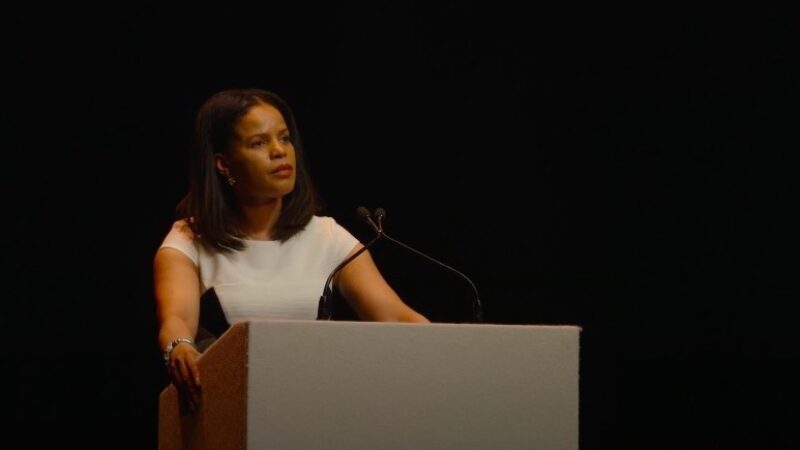
Official statistics showed that, as of last Tuesday, over 5,000 Brazilians had lost their lives to Covid-19. At the time of writing, that figure now stands at 8,588. The number of confirmed cases has exceeded 100,000 – making it the worst affected country in Latin America. But when asked last week about the 474 deaths that day, and the total deaths exceeding 5,000, Brazil’s far-right President Jair Bolsonaro shrugged off the news. “So what? I’m sorry. What do you want me to do?”
This was just the latest in a series of remarks and actions from the President belittling the threat of the pandemic. Indeed, since the giant Latin American country confirmed its first Covid-19 case on February 26th, he has regularly and angrily rejected media ‘hysteria’ over the danger. He has frequently attacked social distancing guidelines and the thinking behind them, even sacking his health minister after he publicly challenged the President’s position.
Bolsonaro has regularly flouted social distancing himself, including by attending far-right protests. He was at this again on Sunday, May 3rd, when he took to the streets. Echoing an earlier rally he attended in April, protestors again called for the closing of the supreme court and congress – as well as a return to dictatorial measures used in Brazil’s 1964 to 1985 military dictatorship, which were responsible for hundreds of extrajudicial executions.
Opponents of President Bolsonaro have argued that he has encouraged violence against journalists, and at Sunday’s rally witnesses from Reuters confirmed that at least three photographers were attacked. In this context, he is facing growing opposition to his calamitous handling of the pandemic – both in Brazil itself and internationally. With the virus now spreading into more and more of the nation’s most deprived and vulnerable communities, and the peak of the pandemic not yet reached, there is great concern about how much more tragedy could unfold in Brazil. And it is widely thought that significant underreporting means that the official figures don’t capture the true scale of the crisis.
There is also growing global concern at the fate of indigenous peoples in the country. On the same day that Bolsonaro was protesting, health minister Nelson Teich travelled to Manaus in the Amazon region due to the drastically deteriorating situation there. Dozens of prominent public figures across the world have signed an open letter to the Brazilian government, calling on it to protect indigenous peoples, who often live in remote locations with extremely limited access to healthcare.
Renowned photographer Sebastião Salgado and other signatories have argued that communities in the Amazon are at risk of being “completely eliminated” by miners who have increased their operations during the health crisis. He described how “these illicit operations have accelerated in recent weeks”. And it should be remembered that Bolsonaro is a President whose actions, since assuming office, have been relentlessly hostile to the indigenous population. Since his election, Brazil’s indigenous peoples have been in nothing less than a historic and heroic struggle for survival.
Despite widespread international condemnation, and the horrific Amazon fires, Bolsonaro has continued to encourage deforestation of the Amazon. He has dismantled the government agencies supposed to protect both the environment and indigenous peoples, as well as slashing their budgets and sacking top officials. For progressives around the world, it is particularly vital that we stand in solidarity with Brazil’s indigenous peoples, for whom highly infectious diseases such as coronavirus pose a devastating threat. And this solidarity with Brazil’s indigenous peoples must also extend to standing with all those in Brazil arguing for a different response to Bolsonaro’s disastrous policies.
The health crisis has shown that the likes of Bolsonaro and Donald Trump are far from champions of the poor and excluded, but in fact will always put interests of big business and private profit first. But there is a better way. This is an international crisis and it demands an international response that prioritises people and not profit. As part of this, we must stand with all those fighting for policies to address the coronavirus crisis around the world that are based on saving lives and putting public health first, including those demanding such an approach in Brazil.




More from LabourList
‘Labour is being badly misled on housing’
Reeves bets on patience over populism
‘Energy efficiency changes must work for older private renters’